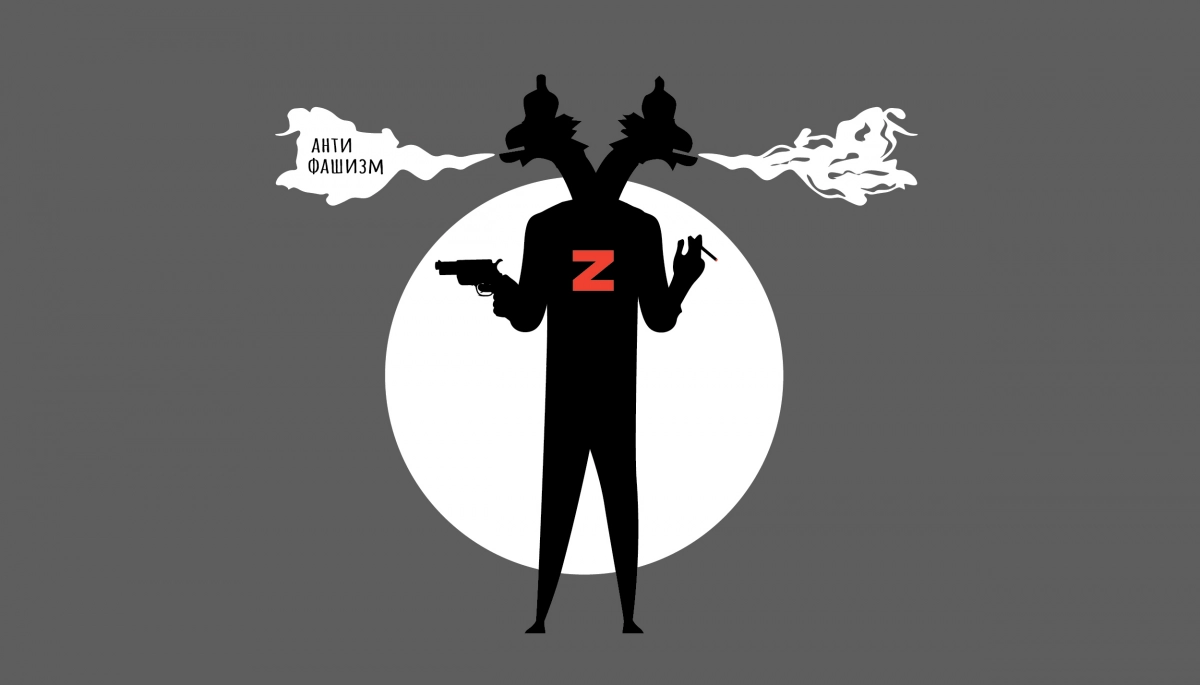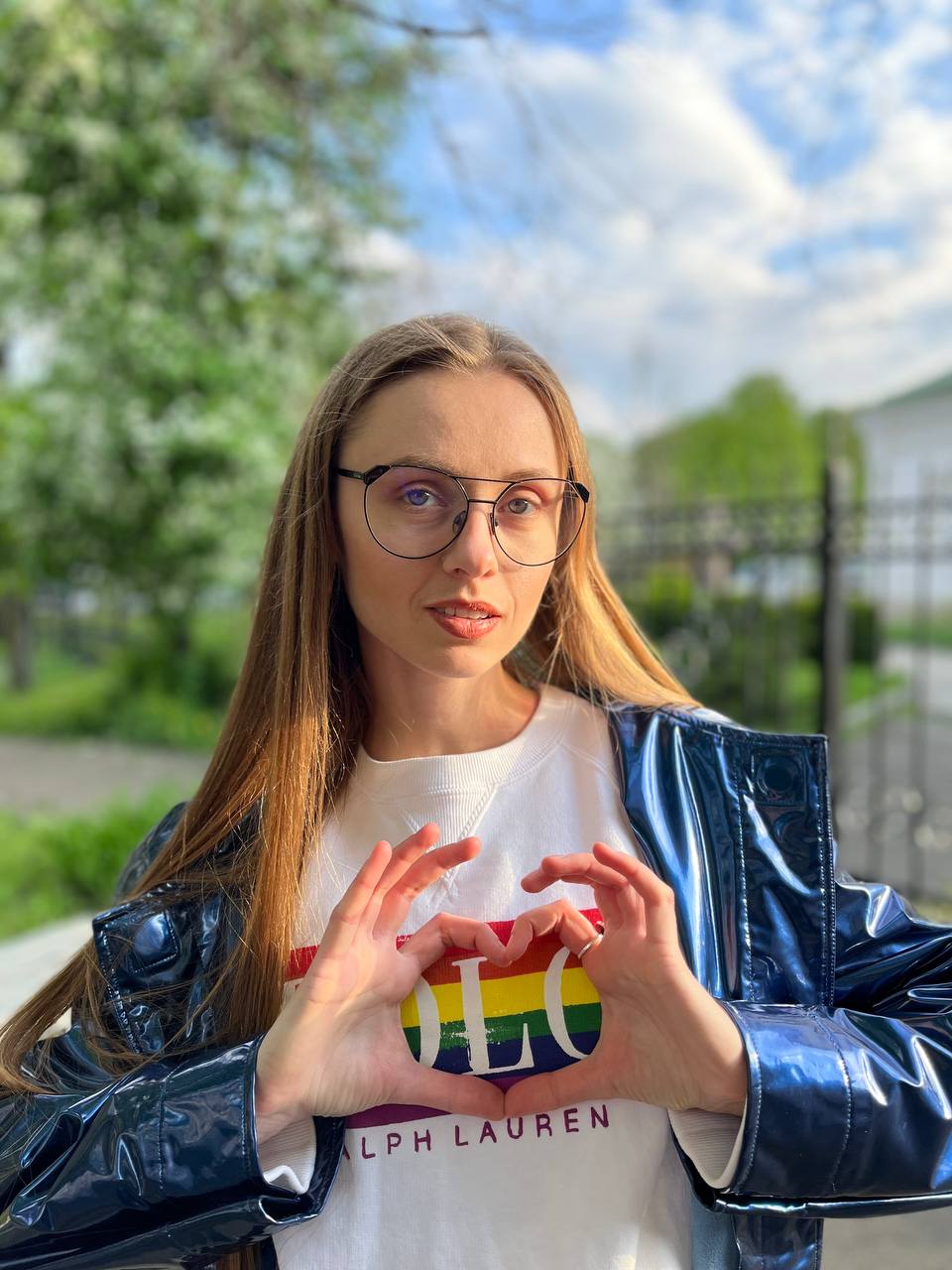Українською читайте тут.
Our recent investigation delved into Russia’s collaboration with the German far-right party “Alternative for Germany” (AfD), revealing a paradoxical alignment. Despite the party’s overt admiration for Hitler and the Wehrmacht, it has become Putin’s Russia’s closest ally, working to impede the supply of German weapons to Ukraine in response to Russian aggression. Unraveling the complexities of this alliance, we scrutinize the party's claim to support "denazification" while advancing anti-Ukrainian theses reminiscent of pro-Kremlin narratives. We previously delved into the intricate details explaining the factors behind this paradox and explored the anti-Ukrainian narratives endorsed by the mentioned party, closely mirroring pro-Kremlin theses. Now, our focus shifts to examining how hostile agitprop exploits the tenets of leftist ideology, skillfully manipulating the anti-fascist consensus.
How the anti-fascist consensus took shape?
In 1942, the Allies of World War II, coalesced to counter the Axis powers, primarily led by Hitler’s Germany. This historic alliance exemplified the collective resolve of nations to confront the menace of Nazism. At its core was the USSR, a pivotal member that found itself thrust into the forefront after Operation Barbarossa shattered the Molotov-Ribbentrop Pact of 1939. This pact, a non-aggression agreement with a secret annex outlining Eastern European spheres of influence, had been abruptly nullified by the German invasion. The Soviet Union's unexpected shift placed it at the forefront of the anti-Hitler coalition, transforming the Eastern Front into a crucial battleground. The sacrifices and triumphs on this front significantly contributed to the coalition's ultimate success, leading to the defeat of Nazi Germany in 1945. Presently, Russian propaganda perpetuates the narrative that Russia, as the presumed successor state of the Soviet Union, played a central role in defeating Nazi Germany during World War II. While acknowledging the historical contribution of the Soviet Union, the contemporary use of this narrative in Russian propaganda serves political ends by portraying Russia as a champion of peace and an essential force against Nazism.
Read also: Between tragedy and farce: how propagandists rewrite history textbooks
Currently, Russia exploits the anti-fascist consensus ingrained in Western societies since 1945. Despite the rise of far-right sentiments in the USA and EU nations in the early 21st century, there persists widespread condemnation and opposition to political currents with roots in Hitler's National Socialism, Italian fascism, and other far-right movements of the 1930s and 1940s—perpetrators of World War II and mass crimes against humanity.
Read also: What Would Stalin Say: The Utilization of Soviet History by the Russian Propaganda Machine
Externally, Moscow portrays itself as a steadfast defender of the anti-fascist "Yalta" consensus, evident in Western leaders' participation in Moscow's May 9 parade. However, in Realpolitik, it willingly engages in political collaboration with neo-fascist movements within Russia, as seen in the far-right's involvement in wars in the Balkans, Caucasus, Transnistria, and Ukraine. The Russian government's closest allies and collaborators in EU political controversies are far-right and right-wing populists, including Marine Le Pen's "National Front" in France, "Alternative for Germany," Silvio Berlusconi in Italy, and Viktor Orbán in Hungary. Putin shows no eagerness to "denazify" the right-wing as long as they align with pro-Russian sentiments. Simultaneously, Putin's regime has evolved into an ultra-conservative dictatorship with elements of neo-fascism.
"Nazi," "fascist," and "disgusting": How agitprop manipulates epithets
Kremlin-sponsored agitprop exploits the cult of victory in World War II to create a false narrative of ideological consistency in the fight against Nazism. Employing the method of "placing shameful epithets," propagandists attach labels like "fascist" and "Nazi" to both internal and external opponents of Putinism. Russian propaganda actively seeks far-right elements in countries resisting Kremlin influence, exaggerating their political impact to discredit Moscow's opponents, particularly in regions like the Eastern Baltic countries, Georgia, or Ukraine. By labeling Ukraine as a "Nazi junta" since 2014, agitprop aims to delegitimize the post-Maidan authorities, drawing historical parallels with Nazi Germany to evoke negative associations. This narrative often involves historical revisionism, emphasizing Ukraine's collaboration with Nazi Germany during World War II. Russia equates Ukrainian national identity with fascism, framing its aggression as a continuation of the struggle against Nazi Germany. Simultaneously, agitprop strives to create associations between Ukrainian far-right influence and government actions, fostering global concerns about extremism and casting doubt on Ukraine's reliability as a partner.
These "anti-fascist" accusations take on a grotesque and cynical aspect, considering Putinism's transformation of Russia into a fascist dictatorship, ironically opposing the very fascism it alleges.
Quasi "anti-fascism": Shifting concepts
The Russian government collaborates with Western ultra-left political elites and electorates, driven by a shared objective to counter the center-left and center-right historical bloc prevalent in most Western countries and a mutual disdain for U.S. military and political influence (termed "American imperialism"). The mainstream movements in these countries are seen as perpetuating an unjust capitalist system, defending an international order that Russia seeks to challenge through its revisionism. Agitprop is strategically using equating between Ukrainian "oligarchism," NATO and Russian "imperialism," presenting the latter as a less threatening force than previous perceived threats. Hostile propaganda is supported by the notion that Russian aggression stems from class conflict, criticizing the new leftists for their perceived inaction in preventing the war. The weak Ukrainian left is depicted as serving the interests of Western left-liberal civil society rather than challenging capitalism, as it promotes European integration.
The left's stance can be partially attributed to externalism, an approach that emphasizes factors external to the state for the interpretation of events and processes in world politics. It disregards internal motives of political action. It manifests itself in "anti-imperialist" positions against foreign military support or proxy wars waged by great powers. A similar approach leads to the denial of the political agent of small states (like in Ukraine’s case). It also denies the internal factors that motivate the expansionist foreign policy of the great powers and essentially appeases the aggressor rather than deters the latter. In other words, externalism ignores identity and social action in general, because the only subject of social action is the class, not the nation (although the war is waged specifically against Ukrainians as a nation, not against the working class).
Simultaneously, the mentioned "anti-imperialism" tends to be one-dimensional, aligning with a perceived stronger capitalist bloc dominated by the USA and overlooking crucial intra-class distinctions. In this context, Russia becomes a partial ally to the "anti-imperialists" as, despite its capitalist nature, it opposes the planet's "main capitalist" in an unconventional, extra-systemic manner. This perspective frames geopolitics as a stage for a confrontation between the capitalist USA and NATO on one side and capitalist Russia on the other, occasionally linked with India, Brazil, and China. According to this narrative, Ukraine is envisioned to remain under Russian influence to avoid serving the interests of the United States or NATO. Within this framework, ordinary Ukrainians, even if part of the working class, advocating for Ukraine's EU membership are portrayed as misled "fascist henchmen" manipulated by the US, NATO, and their purported puppet government in Kyiv, the "junta."
Regrettably, certain Western ultra-leftists continue to conflate the USSR with its planned socialist economy and present-day Russia with its oligarchic capitalism. Russian authorities exploit the shortsightedness of these allies, periodically criticizing the neoliberal market economy that allegedly harms the planet, despite de facto representing one of the most reactionary, predatory, and irresponsible forms of capitalist elite. The sensitivity surrounding the topic of the Ukrainian far-right among Western ultra-leftists generates a twofold response: a widespread inclination to appease the aggressor and, conversely, the involvement of some Western anti-fascists in the conflict on the side of Russia. Exaggerating the far-right's influence on Ukraine's social and political landscape has led even a faction of the Ukrainian far-left to participate in Russia's armed aggression against Ukraine in roles such as soldiers, propagandists, or spies.
Pocket “anti-fascism”: a pro-Russian craft spill
In the lead-up to the full-scale invasion, Moscow attempted to infiltrate the sphere of "anti-fascism" in Ukraine by establishing a puppet organization presenting itself as anti-fascist. Operating within the framework of the Opposition Platform "For Life," a Russia-oriented political entity led by Putin's ally Viktor Medvedchuk, the paramilitary group "Patriots for Life" emerged. According to the Security Service of Ukraine, this group "specialized in committing crimes and provocative actions aimed at destabilizing the situation in the country." Under the leadership of Ilya Kiva, the organization declared a "war on everyone who professes the values of Nazism." However, the “Patriots'” activities were primarily focused on physical training, involvement in the drug trade, security operations (opposing protests against Medvedchuk-owned channel offices), and clashes with the far-right. Despite claiming an anti-fascist stance, the organization's "anti-fascism" lacked any genuine connection to grassroots left-wing organizations. If there was an ideology within this group, it was rooted in right-wing tenets such as Russian nationalism, rather than principles of internationalism or anti-capitalism.
Read here: The Return of Medvedchuk
In addition to establishing puppet organizations devoid of genuine ideological engagement, the Kremlin sought to secure the collaboration of authentic left-wing figures to gain support from a left-leaning audience. Notably, Volodymyr Chemerys, a former MP of Ukraine (1994–1998), ex-left-wing activist, and head of the NGO Institute “Respublica”, emerged as a key figure in this strategy. Since 2018, he has been a frequent guest on Medvedchuk's media channels, transitioning to become his "media lawyer" and defender from 2020 onward. While such co-optation might have appeared inefficient or inconsequential prior to the full-scale invasion, events after 2022, including law enforcement officers searching Chemerys' apartment, provided a narrative to present widespread Western audiences with claims of political persecution against "anti-fascist activists."
Agitprop exploits a portion of the leftist movement, but not all anti-fascist groups fall prey to its influence. Many segments of the left and radical left actively support Ukraine. This includes the Green Party in Germany, "Razem" (the Polish progressive parliamentary party), social-democratic and labor parties forming the Socialists and Democrats (S&D) political group in the European Parliament, unanimously advocating for military aid to Ukraine, imposing sanctions on Russia. The European Network of Solidarity with Ukraine (ENSU), an inter-organizational platform that emerged in response to the "pacifist" left, brings together various organizations ranging from the Trotskyist United Fourth International to parliamentary democratic-socialist left parties. Additionally, the of Ukraine Solidarity Campaign (USC) in the UK consistently supports Ukraine since the days of Euromaidan, and renowned leftist thinker Slavoj Žižek is among those endorsing Ukraine.



